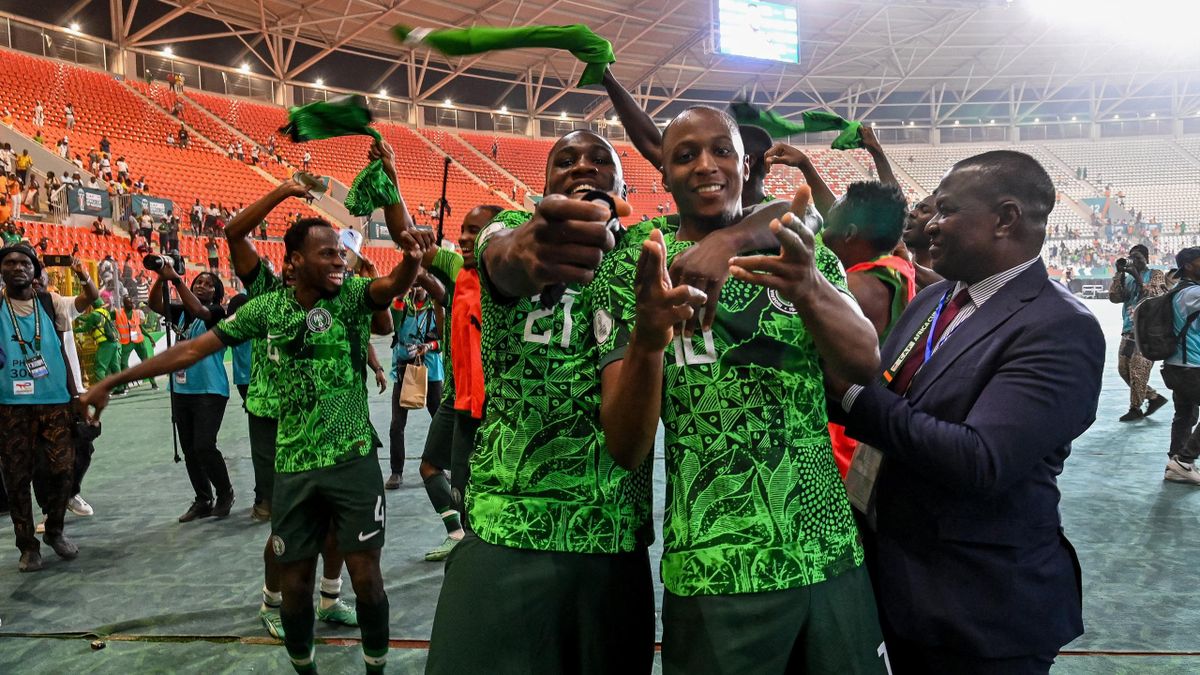National Teams
FIFA invest N9 Billion in Super Eagles hostel and training facilities
Published
9 months agoon

By Dayo Awoniyi
FIFA has launched a major investment in Nigerian football with the construction of a state-of-the-art hostel and training facilities for the Super Eagles and the Super Falcons.
Valued at $6 million (approximately N9 billion), the project is set to be completed within two years.
The new facilities will be located at the Package ‘B’ section of the Moshood Abiola National Stadium in Abuja and will include two modern training pitches—one synthetic and one natural grass—designed to meet international standards for the national teams.
Nigeria Football Federation (NFF) President, Alhaji Ibrahim Gusau, hailed the project as a key part of his legacy, one he has envisioned since taking office.
“The vision behind this proposed hostel is to relieve the NFF of the enormous costs associated with accommodating our national teams,” Gusau said.
“This project will ensure that we can reinvest the funds into other crucial areas like nurturing local talent and improving the overall football infrastructure in Nigeria.”
Once completed, the hostel is expected to reduce the NFF’s operational expenses significantly. The funds previously allocated to player accommodations will be redirected towards vital initiatives, including grassroots development and the expansion of football facilities across the country.
Alhaji Shehu Dikko, Chairman of the National Sports Commission (NSC), described the project as a “dream come true.” Dikko, who was instrumental in bringing FIFA’s first Goal Project to Nigeria in 2003, expressed his pride in seeing this new phase of development take shape.
The Speaker of the House of Representatives, Hon. Tajudeen Abbas, also praised the initiative, calling it a historic moment for Nigerian sports.
“This is a game-changing moment for the sports sector in Nigeria. For the first time, FIFA and other stakeholders are contributing to the growth of our sports infrastructure,” Abbas said.
This project is part of FIFA’s broader developmental strategy to support its member countries, and with the backing of the National Assembly, it is expected to have a lasting impact on Nigerian sports.
The new facilities will not only enhance team performance and efficiency but also help reduce costs and generate potential revenue for the country’s football programs.
